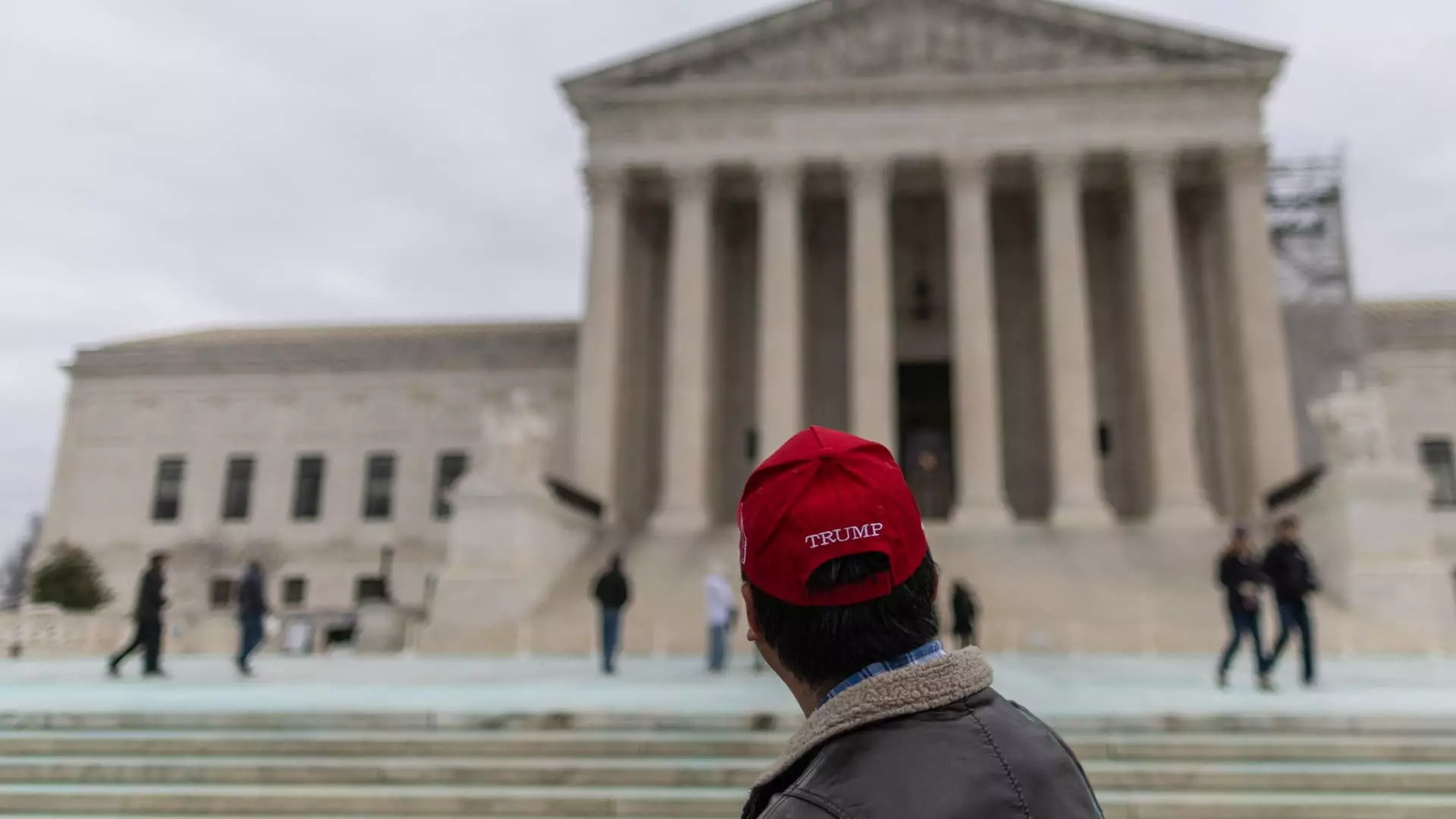The recent developments regarding the Trump administration’s legal maneuvers reveal profound implications for both whistleblower protections and the balance of power within the federal government. A request from the Justice Department to the Supreme Court aims to justify the dismissal of the head of the Office of Special Counsel, an agency designed to protect federal whistleblowers. This situation highlights an escalating clash between executive authority and judicial oversight, encapsulating broader themes surrounding government accountability and civil service integrity.
Context: The Role of the Office of Special Counsel
The Office of Special Counsel (OSC) plays a crucial role in safeguarding the rights of federal employees, particularly whistleblowers who expose wrongdoing within government ranks. Through the lens of legal scrutiny, this agency serves as a critical check on retaliatory actions that could undermine the courage of individuals willing to report misconduct. Hampton Dellinger’s recent case, which has landed in the judicial spotlight, underscores these protections, especially as the Trump administration pushes for personnel changes that critics argue threaten long-standing civil service norms.
Dellinger was appointed during President Biden’s tenure and given a five-year mandate to oversee the OSC. His argument centers on the statutory framework that stipulates leaders can only be dismissed for legitimate job performance issues, none of which were cited in his dismissal notice. This legal positioning highlights the importance of adhering to established structures that govern federal employment, suggesting that any arbitrary dismissal undermines not just individual rights, but the Office’s overarching mission.
The administration’s emergency appeal to the Supreme Court represents a significant legal turning point, marking the first direct encounter between Trump’s legal team and the nation’s highest court since he took office. This appeal aims to dissolve a lower court’s order that temporarily reinstated Dellinger, a decision that the Trump administration deems as an overreach that infringes upon executive power—an argument carefully crafted to resonate with the Supreme Court’s generally conservative lexicon.
However, the reception Trump might receive from the Supreme Court remains uncertain. With three justices appointed during his administration now on the bench, one could speculate on potential ideological leanings, yet the Court historically emphasizes adherence to the law above political considerations. The legal discourse surrounding Dellinger’s dismissal could set a precedent for how separation of powers is interpreted, particularly in the context of executive authority versus statutory limitations.
The timing of this legal battle is particularly pertinent given the increasing number of high-profile dismissals within the federal workforce, raising concerns over the potential for retaliation against employees acting in the public interest. Dellinger’s assertion that the OSC’s mandate is more vital than ever resonates against a backdrop of unprecedented firings that could deter others from reporting misconduct, thereby eroding trust in government institutions.
The Trump administration’s strategy has implications far beyond this single case—it reflects a broader agenda aimed at redefining the operational framework of federal agencies. This effort not only challenges the integrity of established civil service protections but also raises existential questions about the protection of whistleblowers and the future of governmental accountability in the face of executive overreach.
As the Supreme Court prepares to revisit the Dellinger case following the upcoming Presidents Day holiday, the outcomes may reverberate across legal and political spheres. If the Court sides with the Trump administration, it could embolden further executive actions that disregard statutory safeguards, significantly altering the landscape of federal employment protections. Conversely, a decision favoring Dellinger could reaffirm the judiciary’s role as a guardian of civil service integrity, ensuring that whistleblower protections remain robust in the face of political expediency.
Ultimately, the fate of the Office of Special Counsel and the rights of federal employees hang precariously in the balance as this case unfolds. The legal precedents set here will likely influence governance long after the Trump administration has left the stage, spotlighting the need for ongoing vigilance in safeguarding civil service protections amidst political tumult.


Leave a Reply